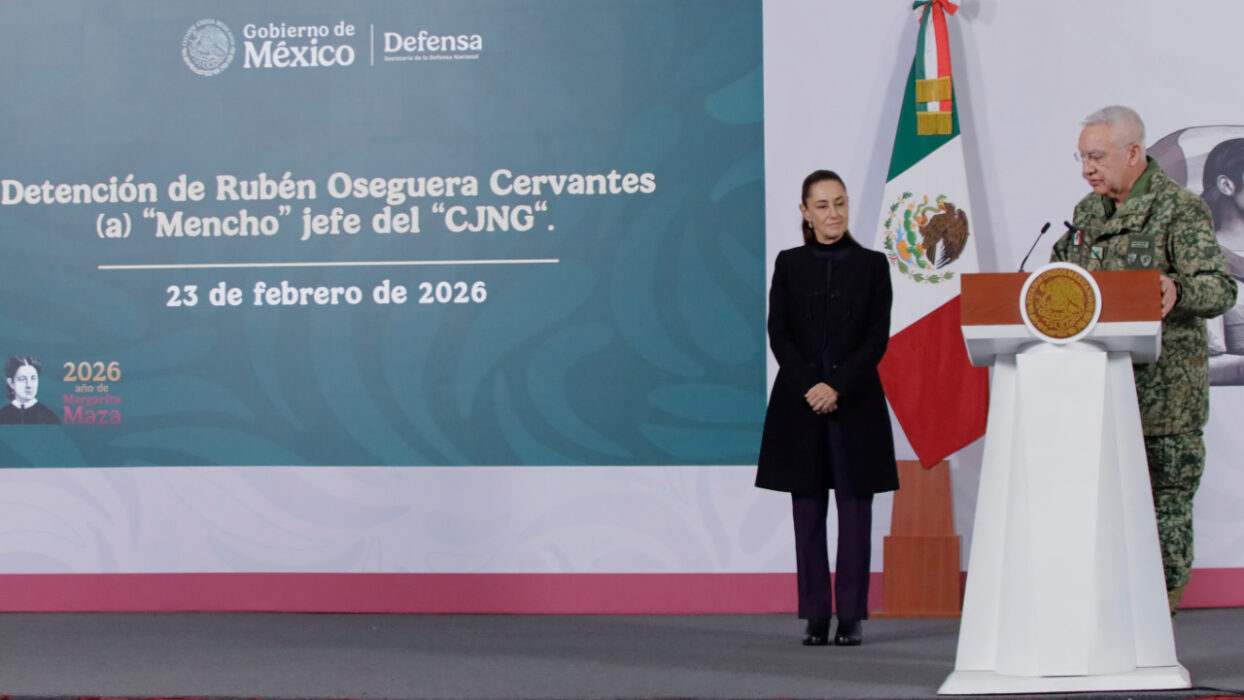
Trash Island in Lake Amatitlán? Guatemala’s Famous Lake Is Drowning in Garbage
Guatemala’s Lake Amatitlán was a heavenly place for residents and visitors alike. Now, it’s the site of an island—and not the kind you want to vacation in.
Furniture, plastic bottles, diapers, and even dead bodies have been found on its shores, creating a trash island. In fact, according to AJ+, just this year, so much trash has been collected from the 12-kilometer-long lake that locals are concerned about their livelihoods.
Now, the agency that’s supposed to keep the lake clean is trying to use a retention barrier to remove the trash, but this dumpster fire is greater than they thought.
Over two Olympic-sized swimming pools of trash were removed from Lake Amatitlán in 2024
The Agency for the Sustainable Management of Lake Amatitlan (AMSA) is doubling its efforts to remove as much trash as possible from the lake. This year alone, they’ve removed 5,420 cubic meters of waste—or two Olympic-sized pools—from the area.
Additionally, they’ve installed a 2,000-meter-long retention barrier on the lake’s surface to clean it up. Still, contamination has gone rampant. According to the Weather Network, since 2006, they’ve been trying to control nitrogen in the lake.
The pollution is such that it has increased nitrogen in the water, causing excessive growth of microcystic algae. These algae, which have a blue-green color, release toxins that kill algae that previously cleaned the lake.
“We all have the intention to save the lake. It is our hope that one day we will be able to save it,” Yuri Geovani, trash extraction manager, told Reuters.
While surrounding municipalities received funding for water treatment plants, the resources were reallocated.
Industrialization in Guatemala City could be the main culprit behind the contamination
Guatemala is undoubtedly facing a water crisis. Estimates state that 90 to 95 percent of the Central American country’s water is polluted, including Lake Atitlán, Lake Izabal in eastern Guatemala, and Lake Amatitlán.
Currently, 44% of households in Guatemala lack access to clean water.
According to experts, part of the problem is industrialization in Guatemala City. Contaminated water travels from rivers in nearby cities as well to the lake. In 2022, Comunidad Tz’unun Ya’ members traveled to Guatemala’s Industrial Business Council to protest lake contamination.
“We decided to gather the garbage and return it to the business leaders,” Nancy González, who works with the Comunidad Tz’unun Ya’, told Waging NonViolence. “They have a great responsibility for the management of the lake and the final disposal of waste.”
Adding, “We could continue to be here year after year cleaning, but we went to demand that the business leaders assume their responsibility.”




